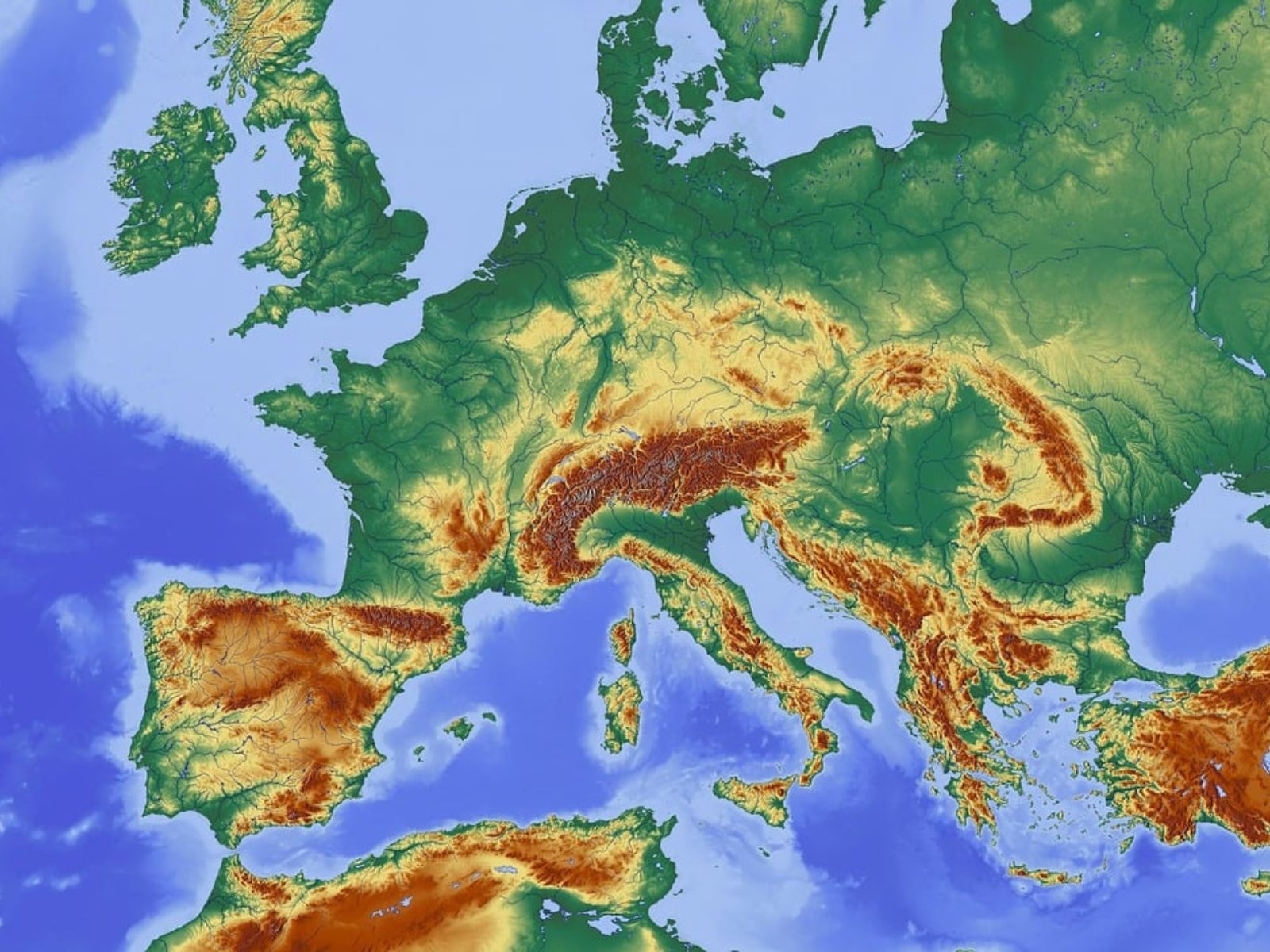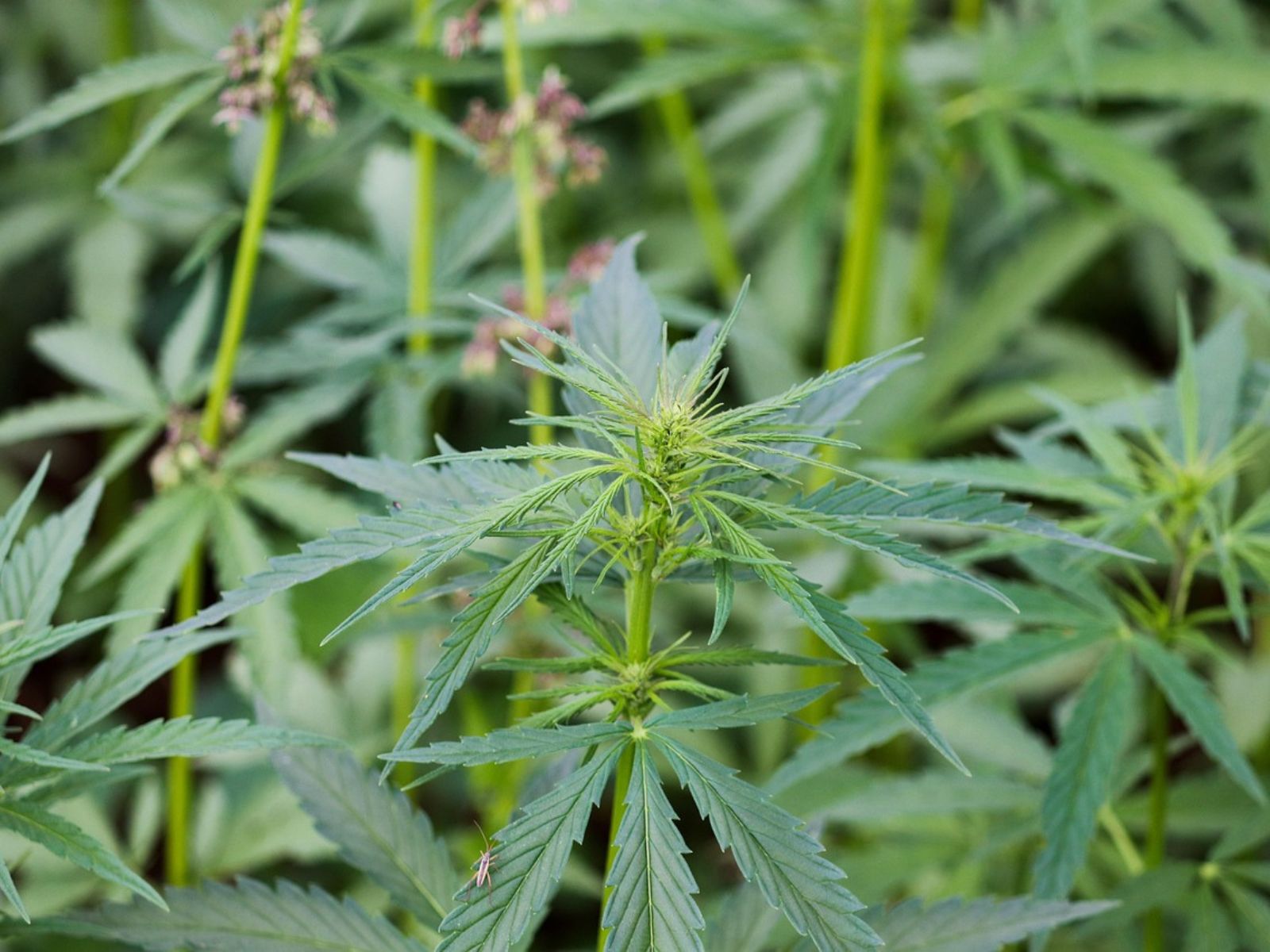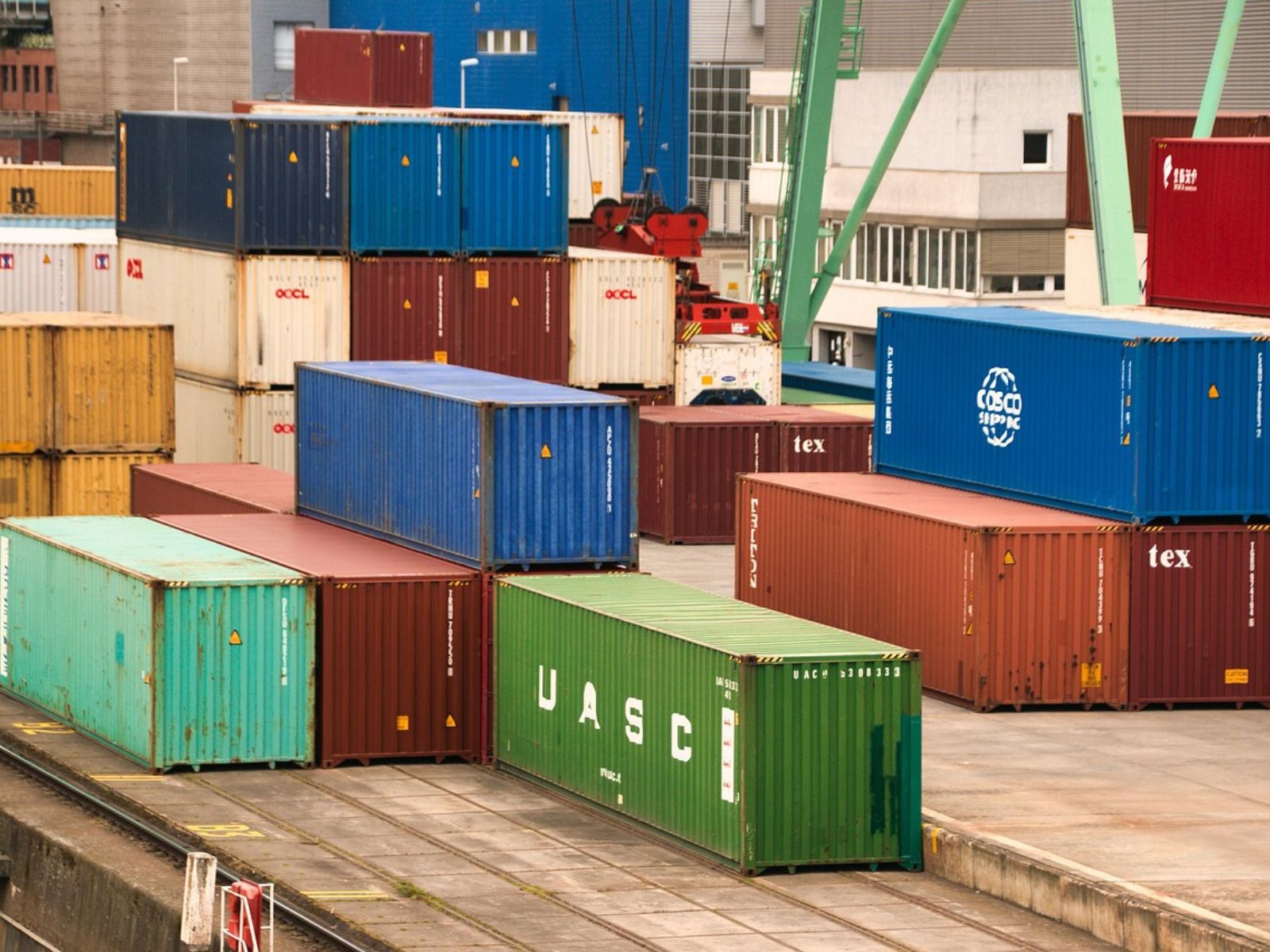
Cannabis And Hemp Tourism Is A Growth Engine

Cannabis And Hemp Tourism Is A Growth Engine
The concept of people traveling to faraway destinations to enjoy consuming food and wine is not a new thing. Television shows are dedicated to the activity, and massive subsectors of the tourism industry are built around the concept. The same is proving to be true for cannabis and hemp tourism at an increasing rate.
A multi-year survey conducted by MMGY Travel Intelligence discovered that the cannabis travel audience in the United States alone includes roughly 72 million Americans, or 37% of the active leisure travel audience in the United States.
“Half of these interested travelers would consider visiting a cannabis shop, and a quarter of them are not regular cannabis users but are open to such experiences while traveling.” reported Travel Age West about the survey results.
In 2023, inbound tourism spending in Europe was an estimated 645 billion euros. At the intersection of these industries – cannabis, hemp, and travel – are opportunities for growth and creative differentiation.
Medical tourism, leisure travel, events, and business travel, including group meetings and conferences, are all part of it. Cannabis travel expert Brian Applegarth of Applegarth Strategies recently moderated a panel dedicated to cannabis and hemp tourism at the International Cannabis Business Conference in Berlin. Mr. Applegarth was joined by:
- Mara Gordon – Co-Founder, Aunt Zelda’s, Octopi Wellness, Zelira Therapeutics
- Jim Zielinski – General Manager, The Bulldog Hotel
- Cristina Sánchez – Full Professor of Biochemistry and Molecular Biology at Complutense University
- Ivan Ross Vrána – Managing Partner, Diplomat Consulting
- Teddy Cabugos – President, Director, Sunstone Winery
Below is an embedded video of the ninety-minute presentation and panel discussion unpacking the tourism opportunities for cannabis and hemp businesses and brands in the European market.
Share article


Share article
Join Our Awesome Community
Join Our Awesome Community
Join Our Awesome
Community
Get all the latest industry news
delivered to your inbox






